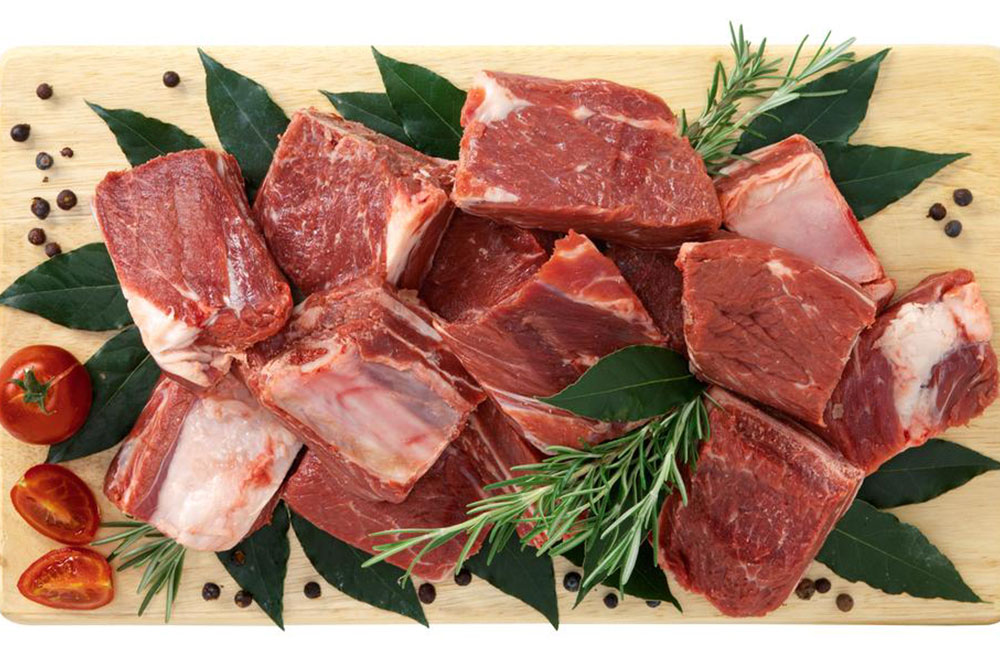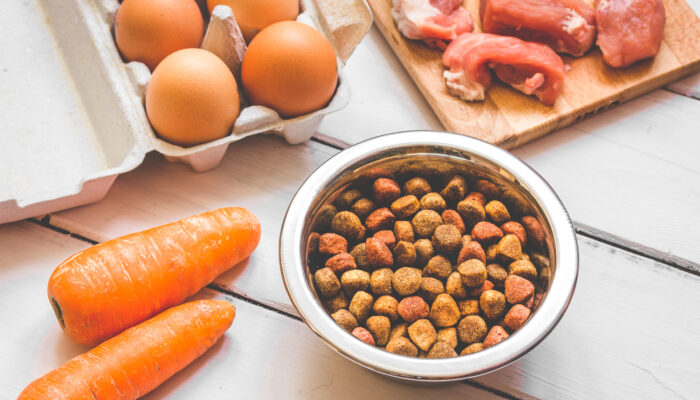
Keep Migraines at Bay with these 5 Diet Tips
A migraine headache can cause severe pulsating or throbbing pain, usually on one side. This is often accompanied by vomiting, nausea, and a heightened sensitivity to lights and sounds. Headaches caused by migraine can last for hours to days, thereby interfering with your daily activities. It’s hard to say just about how many risk factors trigger migraines. The common ones include strong odors, stress, weather changes, loss of sleep, hormone fluctuations, and certain foods and drinks.
So, apart from taking medications prescribed by the doctor, maintaining a healthy diet will keep the various signs and symptoms at bay. These five dietary tips are helpful for dealing with migraines as well as keeping fit:
Stick to Freshly Cooked Food
A well-rounded, nutritious diet goes a long way in preventing migraine symptoms. A multi-nutritional diet contains a variety of vegetables, fruits, and lean meats. Preparing foods from scratch gives you control over what goes into each dish, and ensures freshly meals every day. It is also important to determine whether a particular food may trigger migraine symptoms in you.
Keep Track of Food Triggers
This is one of the most important dietary tips to prevent migraines. There can be numerous food-based triggers, and as mentioned earlier, a particular food might cause problems. But it’s also important to know that these triggers aren’t the same for everyone. So, determining which food is it can be difficult. Maintaining a journal can help track if a certain source causes migraines. Listing down daily meal contents will help you narrow down possible triggers.
Avoid Processed Foods
Steer clear from processed foods as they can contain migraine-triggering substances. Sausages, hot dogs, bacon, and aged foods like blue cheese, red wine, and chocolate contain nitrites, tyramine, beta-phenyl ethylamine, and sucralose. And they can cause pulsating headaches. Many people also experience migraines after eating foods that contain monosodium glutamate, popularly known as MSG.
Limit Caffeine Intake
Caffeine has a delicate relationship with migraines. It’s found in coffee, tea, and soda and contains pain-relieving properties that can actually help relieve symptoms. It’s even suggested that moderate caffeine consumption can help avoid migraines. But consuming too much caffeine can build up a tolerance. This can increase the risk of experiencing caffeine withdrawal symptoms. A person can experience migraine attacks on stopping or reducing caffeine consumption considerably.
Stay Hydrated
Our dietary tips to prevent migraines will be incomplete without this. Dehydration is one of the most common triggers for migraine headaches, and at least eight glasses of water should be consumed daily. But an ideal intake may vary on the basis of a few other factors. A person may drink more water when it’s hot and dry outside or while exercising. Pregnant or breastfeeding mothers are also required to increase their fluid intake.



